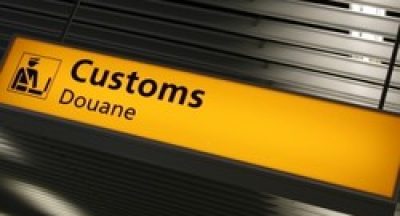Op-ed: The five consumer groups buying fake brands in China—and what to do about them
Associate Professor in Marketing Lars Bergkvist at the University of Nottingham in Ningbo and Li Wanzhen at the EDHEC Business School explain why knockoff goods remain a resilient draw for so many of China’s consumers. Fake brands are still ubiquitous in China, on sale in well-known places such as the Silk Market in Beijing and the “fake market” on West Nanjing road in Shanghai. In the streets touts try to lure punters into “secret” shops, and there are countless online outlets offering shoppers “replica” products. Fake brands cost the makers of luxury and other branded products billions of dollars every year in lost sales and, more importantly, in eroded brand equity as those who are knocked-off become less attractive to consumers.
Related Posts
Ex-IRA pair are arrested in Spain over tobacco smuggling probe
A suspected tobacco smuggler from Co Antrim and two former IRA members whose...
France seizes falsified drugs labelled as Chinese tea
Customs signCustoms officers in France have confiscated millions of fake aspirin,...
Bengaluru: Gold worth Rs 37 lakh smuggled in door locks, underware.
BENGALURU: Gold smugglers often adopt innovative ways to deceive customs sleuths...
Tobacco smugglers captured
THIRTY-THREE members of an alleged tobacco smuggling group have been arrested in...




